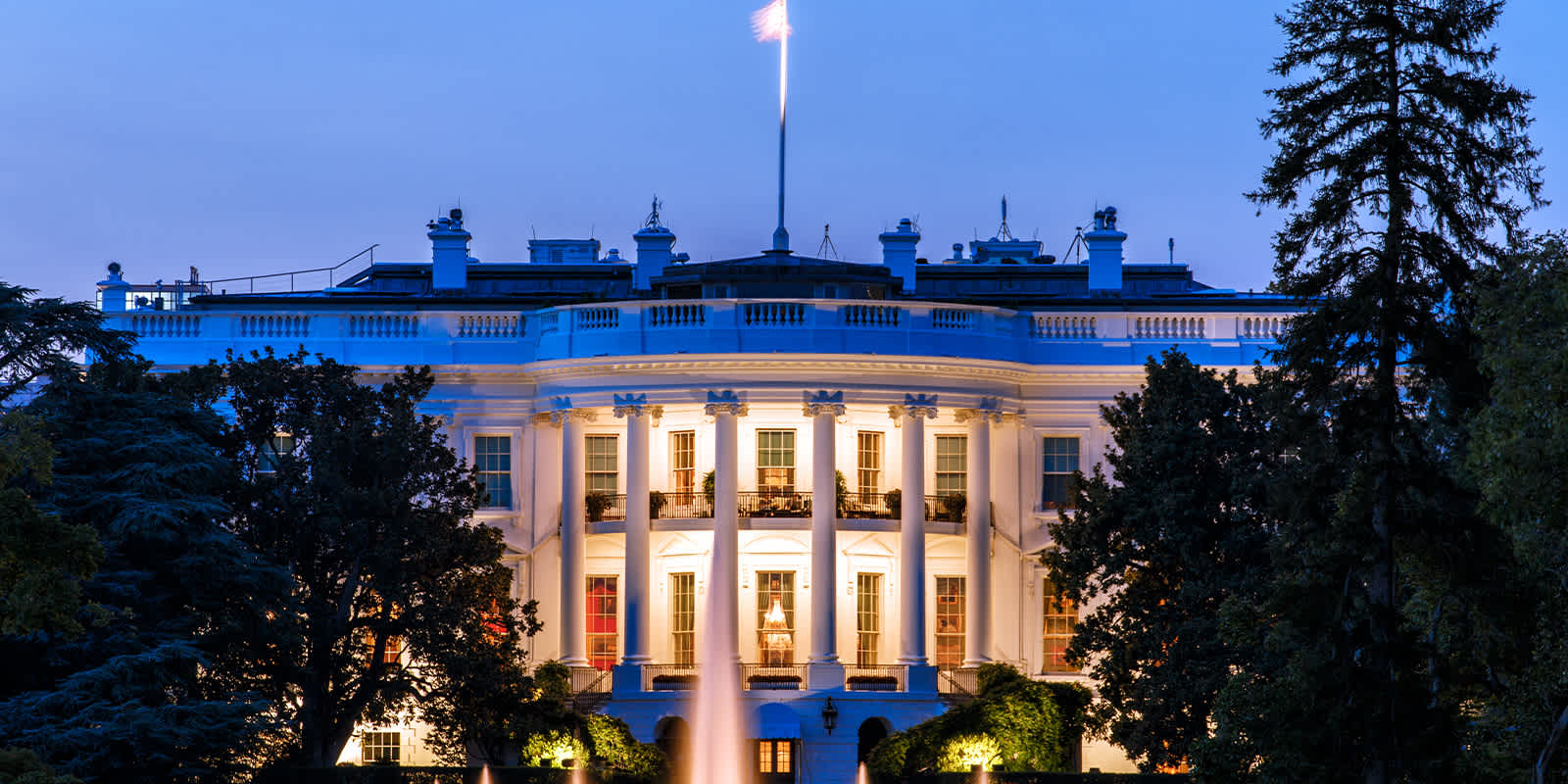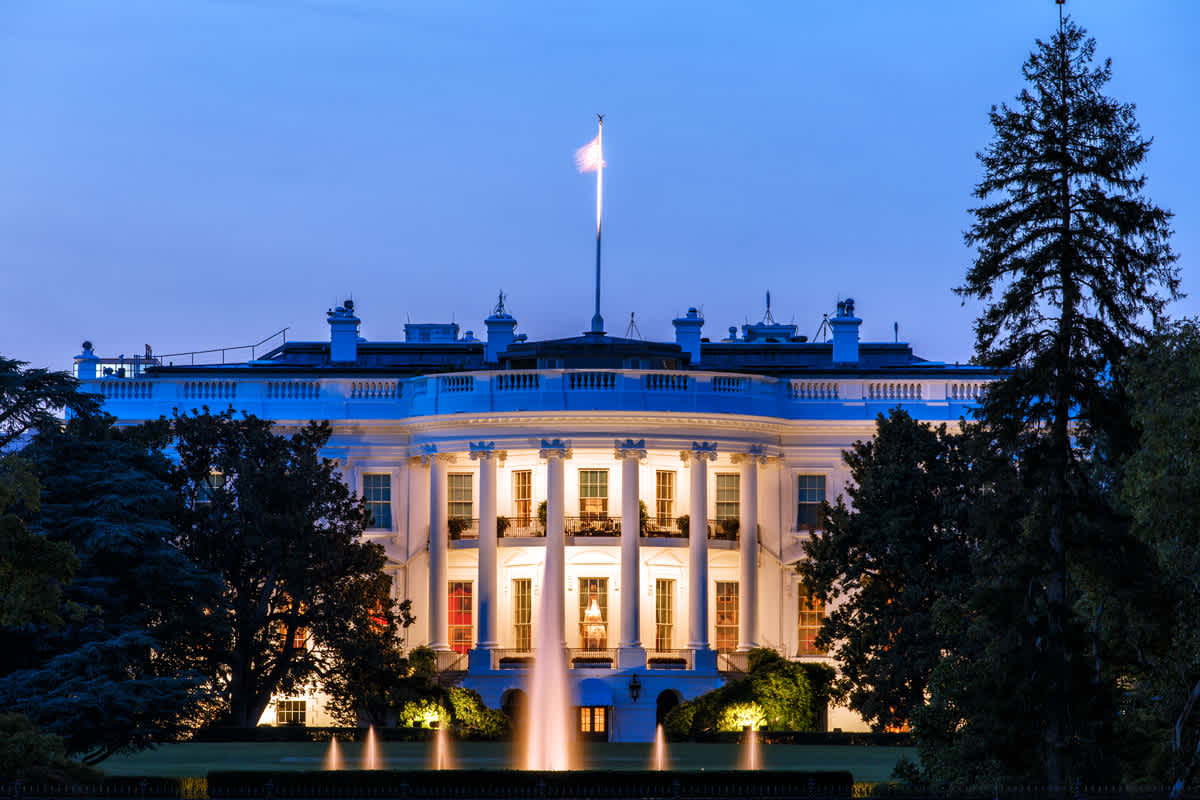
July 16, 2020
As the US Election Nears, How Would a Biden Presidency Impact Trade?
As the US Election Nears, How Would a Biden Presidency Impact Trade?
Recently, former Vice President Joe Biden, the Democratic Party’s presumptive presidential nominee, released a plan to rebuild and secure supply chains, particularly in regard to the United States’ critical equipment reservoir. Should Biden become president, importers can expect changes in global trade policy.
Unlike President Trump, Biden does not intend to return all manufacturing to the United States. Instead, his goal would be to foster resilience across critical industries such as electronics, essential raw materials, and communications—in addition to medical supplies and equipment. Biden’s plan is based on three pathways to success.
First, he would aim to reinforce US domestic manufacturing capacity of supply chains for critical products. In this scenario, importers can expect the Biden administration to lure production sources back to the US through a mix of tax incentives and broad federal direction supported by existing legislation. In contrast, the Trump administration has been urging firms to manufacture such products not in their wheelhouse. If Biden can succeed on this front, other non-essential raw material and component imports for critical products will likely increase.
Second, a Biden administration would double down on efforts to ensure capacity for surge manufacturing. Putting that in context, companies in these critical sectors could expect increased federal compensation for producing and maintaining higher inventory than normal. And, robust governmental partnerships would support businesses to increase manufacturing capacity with a whole host of R&D and financial incentives. Exactly how the Federal Government would compensate companies is unclear at this point. This approach differs from the Trump administration, which has offered loans and negotiated contracts to businesses rather than direct compensation.
Third, Biden would resume a foreign relations approach that cultivates relationships in new markets for US exports and sourcing US imports. Known for his long-standing internationalist style with foreign relations when he was a Senator and Vice President, he looks to work with “allies,” both in the sense of geopolitical and free trade partners. Under a Biden administration, importers can expect a soft return toward rebuilding bilateral or even multilateral trade partnerships with historic US allies. A return to steadier relations with traditional allies will be in contrast to the current approach of exclusive unilateral or bilateral trade action.
Looking ahead, the big question will not just be can Biden win the presidency to accomplish his trade goals, but what will become of the Section 301 tariffs on products from China. For now, it seems Biden is shaping a trade policy that on the surface looks like an America-only focused trade plan with a more cooperative approach.





